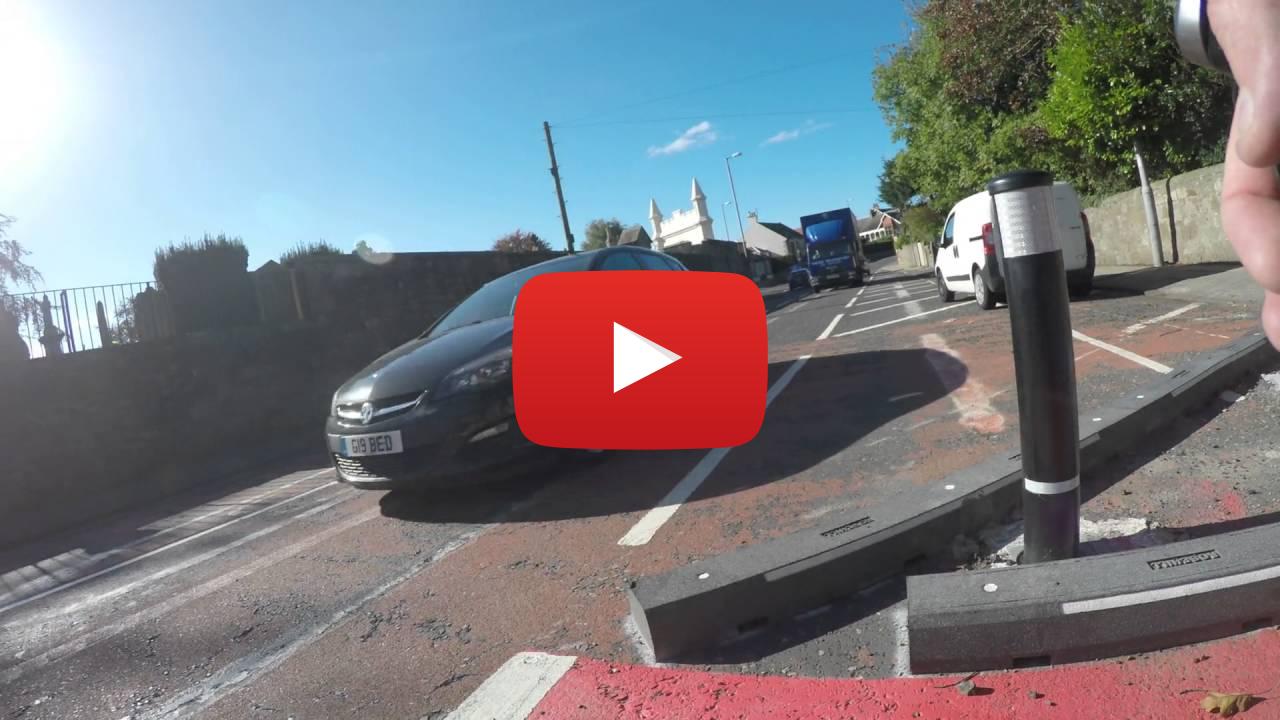It’s that time of year again when city authorities in the Italian capital regularly close down some of the more clogged city streets. But it’s not cars that are the problem.
It’s bird excrement, by the tonne, from starlings that migrate from northern Europe to live in Rome during the less brutal winter.
Cleaners are out in force in the more affected areas where recent rainfall has made the streets dangerously slippery for motorcycle and mopeds. Meanwhile, sidewalks have become treacherous for pedestrians
January 4, 2016
Read time: 2 mins
It’s that time of year again when city authorities in the Italian capital regularly close down some of the more clogged city streets. But it’s not cars that are the problem.
It’s bird excrement, by the tonne, from starlings that migrate from northern Europe to live in Rome during the less brutal winter.
Cleaners are out in force in the more affected areas where recent rainfall has made the streets dangerously slippery for motorcycle and mopeds. Meanwhile, sidewalks have become treacherous for pedestrians, according to a %$Linker:2 External <?xml version="1.0" encoding="utf-16"?><dictionary /> 0 0 0 oLinkExternal report in the The Guardian newspaper Visit report page false http://omnifeed.com/article/www.theguardian.com/world/2016/jan/04/rome-seals-off-roads-caked-with-droppings-from-birds-that-binged-on-olives false false %>.
A lot of the problem comes from fact that many birds have eaten olives in the country, which tends to make their excrement especially oily.
Starlings swarming above Rome’s historic buildings are a common site during winter. Just as common is the sight of cars -- parked under plane trees in which the birds roost -- covered in so much excrement that they appear totally brown.
Tourists, workers and inhabitants of the ancient city marvel at the constantly moving black masses of thousands of starlings, ducking and weaving above clear blue winter skies.
After hours, though, the so-called ‘poop control’, covered from head to toe in protective clothing, goes out into some streets and wander around with loudspeakers. They blast forth recorded starling warning calls to falsely alert resting birds in the plane tries of danger. They immediately fly off, but only to roost some other place.
Despite all the efforts of city workers, the Eternal City will suffer this eternal problem every year until warmer weather in northern Europe draws the starlings away from their winter home.
It’s bird excrement, by the tonne, from starlings that migrate from northern Europe to live in Rome during the less brutal winter.
Cleaners are out in force in the more affected areas where recent rainfall has made the streets dangerously slippery for motorcycle and mopeds. Meanwhile, sidewalks have become treacherous for pedestrians, according to a %$Linker:
A lot of the problem comes from fact that many birds have eaten olives in the country, which tends to make their excrement especially oily.
Starlings swarming above Rome’s historic buildings are a common site during winter. Just as common is the sight of cars -- parked under plane trees in which the birds roost -- covered in so much excrement that they appear totally brown.
Tourists, workers and inhabitants of the ancient city marvel at the constantly moving black masses of thousands of starlings, ducking and weaving above clear blue winter skies.
After hours, though, the so-called ‘poop control’, covered from head to toe in protective clothing, goes out into some streets and wander around with loudspeakers. They blast forth recorded starling warning calls to falsely alert resting birds in the plane tries of danger. They immediately fly off, but only to roost some other place.
Despite all the efforts of city workers, the Eternal City will suffer this eternal problem every year until warmer weather in northern Europe draws the starlings away from their winter home.






